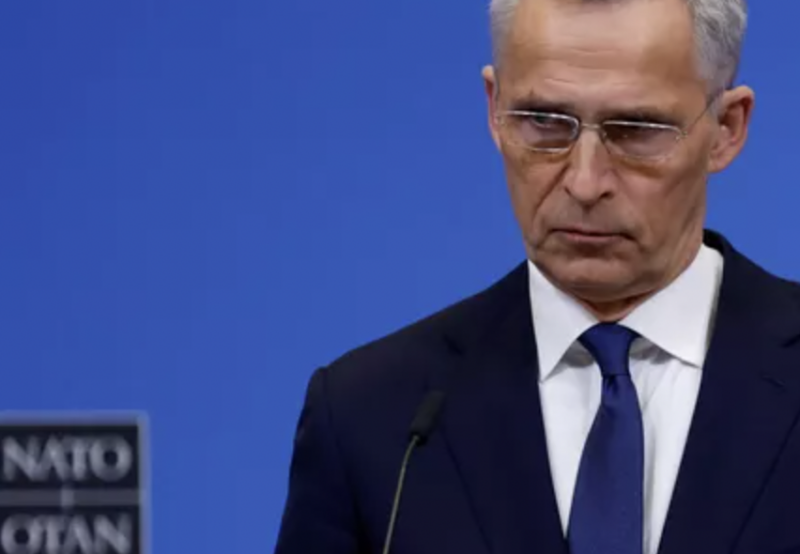Jens Stoltenberg, already appointed as head of the Munich Security Conference, has now added another high-profile role to his résumé: leader of the arch globalist Bilderberg Group.
Known for its secretive nature and comparisons to a freemason network, the Bilderberg Group often draws criticism for its reputation. However, Stoltenberg’s new role suggests a strategic move to consolidate influence among global power players.
In an interview with Dagens Næringsliv, Stoltenberg described the opportunity as pivotal. “Combined with the Munich Security Conference, this is a good platform for collaborating with leaders from politics, business, and academia. It is also an important meeting place to strengthen ties between Europe and the United States,” he remarked, adding, “I look forward to Bilderberg’s work.”
Stoltenberg’s tenure as NATO Secretary General has been marked by increasingly assertive stances, particularly during the ongoing war in Ukraine. He’s been vocal in his support of NATO’s assistance to Ukraine, even suggesting that the alliance’s strategy aimed to counter any efforts by former U.S. President Donald Trump to weaken military aid. Some speculate he may have had a hand in the decision to permit Ukraine’s use of long-range rockets against targets in Russia.
With his new roles, Stoltenberg seems to be positioning himself at the crossroads of global politics, defense, and diplomacy. Whether viewed as a unifier or a tactician advancing powerful interests, his leadership of the Bilderberg Group alongside the Munich Security Conference underscores his influence in shaping transatlantic relationships during turbulent times.




